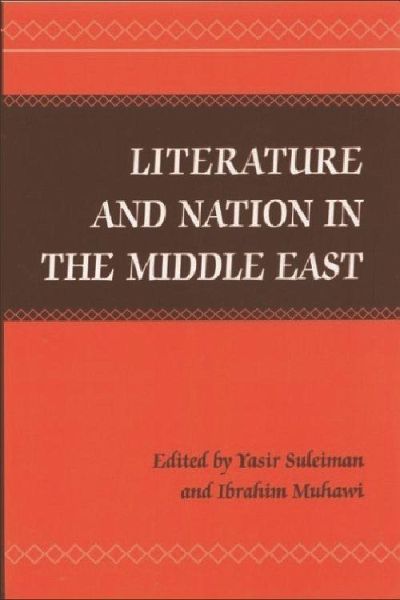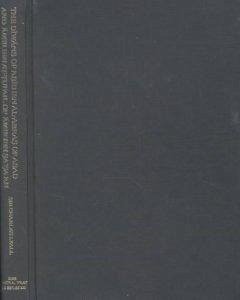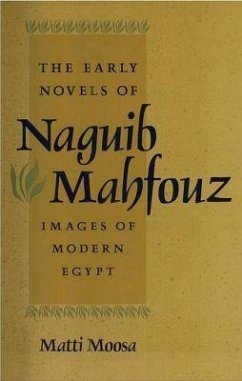Nicht lieferbar

Literature and Nation in the Middle East
Versandkostenfrei!
Nicht lieferbar
This compelling study presents an original look at how 'the nation' is represented in the literature of the Middle East. It includes chapters on Egypt, Sudan, Lebanon, Iraq, Palestine and Israel, drawing on the expertise of literary scholars, historians, political scientists and cultural theorists. The book offers a synthesising contribution to knowledge, placing Arab literature within the context of emergent or conflicting nationalist projects in the area. Topics addressed include: . the roles of literature and interpretation in defining national identity . exile . conflicting nationalisms . ...
This compelling study presents an original look at how 'the nation' is represented in the literature of the Middle East. It includes chapters on Egypt, Sudan, Lebanon, Iraq, Palestine and Israel, drawing on the expertise of literary scholars, historians, political scientists and cultural theorists. The book offers a synthesising contribution to knowledge, placing Arab literature within the context of emergent or conflicting nationalist projects in the area. Topics addressed include: . the roles of literature and interpretation in defining national identity . exile . conflicting nationalisms . conflict resolution The approaches taken by the authors range from textual and rhetorical analysis to historical accounts of the role of literature in contributing to national identity, and political analysis of the use of literature as a tool in conflict resolution. Genres covered include fiction (the novel), poetry and verbal duelling. This unique exploration of the subject of literature and the nation in the Arab world will be of interest to anyone studying Middle Eastern literature and nationalism, as well as historians and political scientists.












